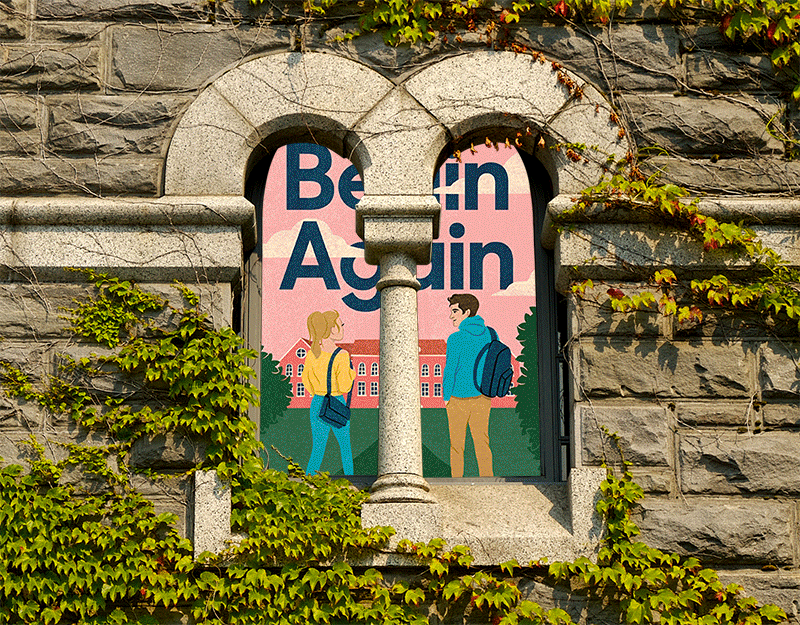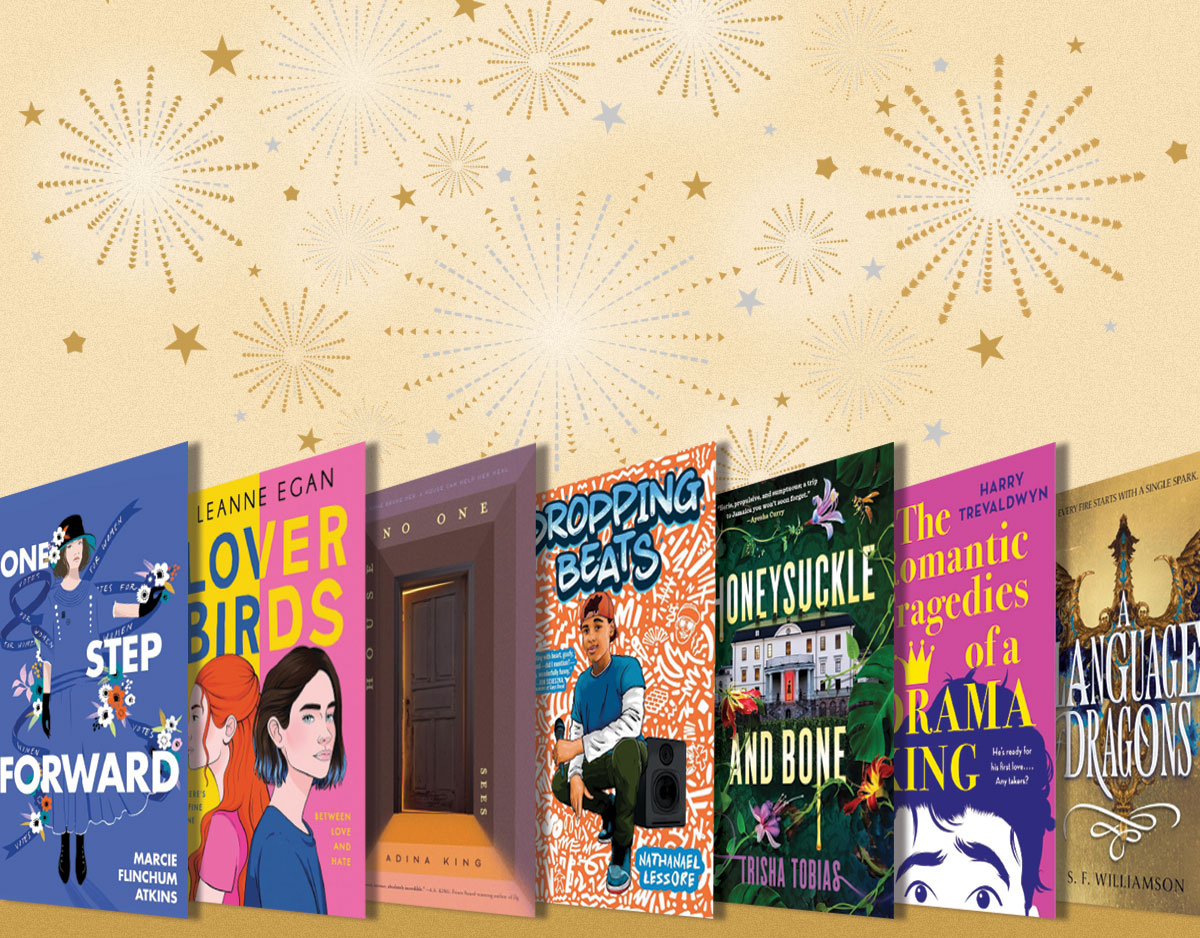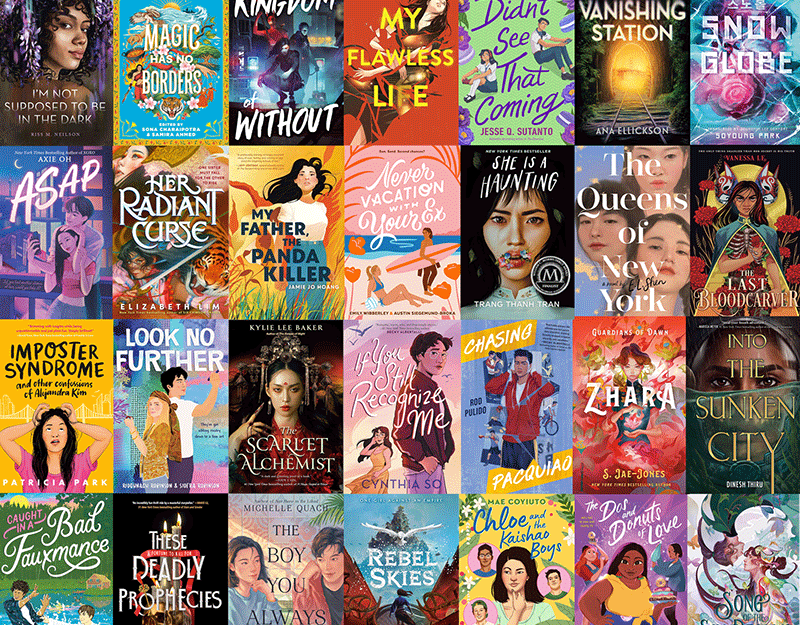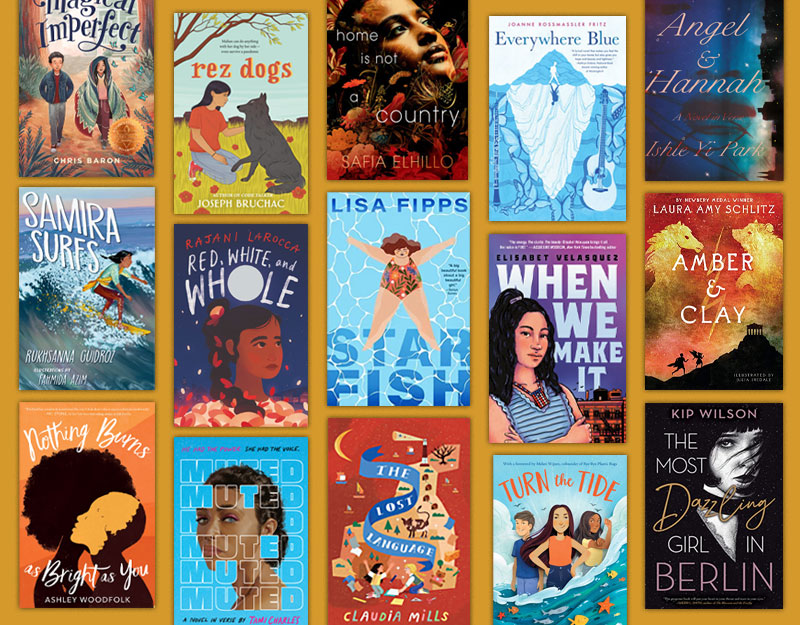Hate Away, Friends, a guest post by Sonora Reyes
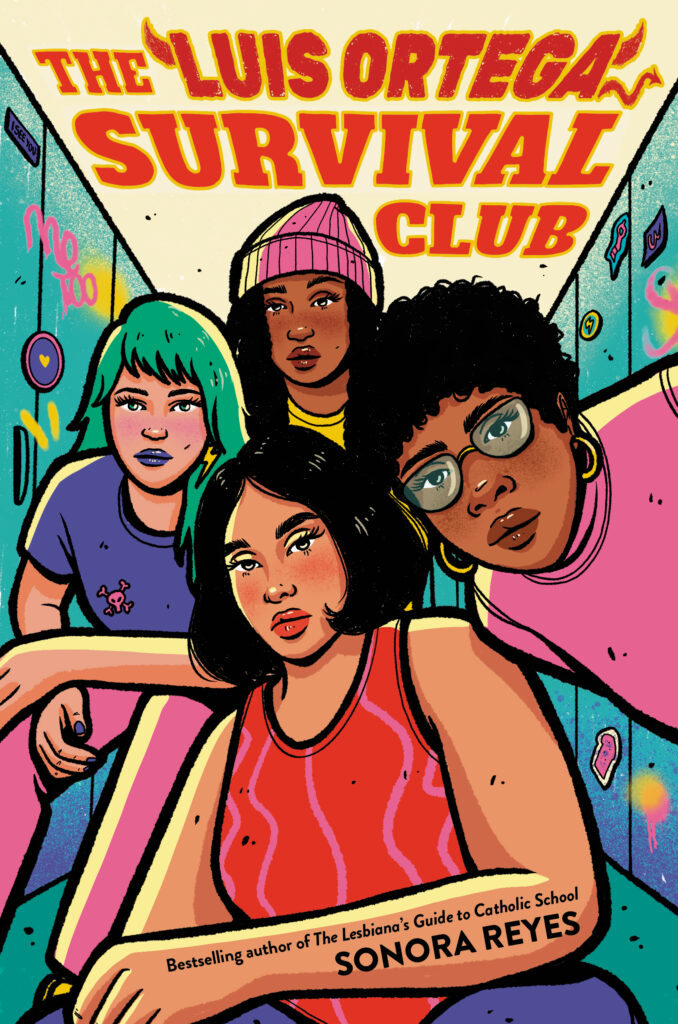
Growing up, I was taught never to say the word “hate.” It’s a “strong word,” they said. To which I would respond (in my head, because I didn’t have a death wish) that my feelings were strong. That only a strong word like hate was good enough to describe the burning feeling in my gut. But I was taught that it was still wrong to hate someone. I was taught that love is always stronger than hate. That I should learn to love those who wronged me and always focus on the good in people. That no one is inherently bad, and that forgiveness is the foundation of all human virtue.
Reader, I’m here to tell you that that advice is a flaming hot pile of turd. Hate away, my friends.
Now, before you get out your torches and pitch forks, let me explain. When traumatized kids and teens try to express their feelings, it should never be the role of an adult to invalidate those feelings. Instead, dig deeper. As a kid, the boys I told my teachers or parents I hated were my abusers. And when you try to open up to someone about the abuse you’re experiencing only to be met with pleas to mind your own language instead of focusing on the problem at hand, it can feel like no one will ever be on your side. It can feel like no one cares about justice. Because, so often, no one does.
ADVERTISEMENT
ADVERTISEMENT
I fantasized about revenge, because I was so sure I’d never get justice. So, I wrote a book called The Luis Ortega Survival Club to realize that fantasy. While this book is a revenge fantasy, it does still deal with the very real aftermath of the trauma, which happens off page. Many people have asked me why, if I’m writing a “fantasy” situation, that I would choose to still include the trauma at all. Why make the character traumatized in the first place? Can’t she just be free from it? Wouldn’t that be the fantasy?
But if I’m honest, I don’t think many traumatized people (myself included) can cleanly erase the trauma from our narratives. So instead, the fantasy for me was never that the trauma never happened, but that I, and people like me, could still win in the end. We can still have a happy ending. We can fall in love, discover our found families, and, yes, we can still have our righteous revenge.
There’s this pervasive narrative that victims of abuse need to be perfect in order to be believed or empathized with. And I do say “victim” intentionally. Not all of us identify as survivors or warriors. We aren’t strong by virtue of what happened to us alone. We should be allowed our moments of weakness. We should be allowed to grieve, and cry, and hurt.
But we’re not allowed to. Because we need to have done everything right at every step of the way in order to fit the ‘perfect victim’ narrative. We have to be “survivors” or “warriors” so we can be believed. We have to forgive our abusers in order to ‘find inner peace,’ because the only one being hurt by our hatred is ourselves… right? Unless… no, no, no, a perfect victim does not want revenge.
But there is no such thing as a perfect victim. No one can live up to that impossible standard, because once we do, the goal posts keep shifting. We should be allowed to be messy and imperfect and angry and real and still deserve justice. There’s this idea that if we even long for retribution, we don’t deserve it. I can’t stress this enough, but we deserve justice whether or not we’re perceived as the perfect victims.
So many of us have been taught from a young age that we’re not supposed to be angry. That anger and hatred is bad, and love and forgiveness is good. But I’ve learned that anger can be the best protection. Anger helps us maintain our boundaries. Anger is proof that we know we deserve better. Rage is stronger than fear or forgiveness. And it isn’t until we’re allowed to feel that anger that we’re really free. It wasn’t until I allowed myself to access my anger that I realized what happened to me was truly wrong. When I finally accessed my anger, that was when I learned to fight for every ounce of love and joy I could get my hands on, because I know my worth now, and I know I deserve to be happy.
It doesn’t matter who we are or were before the trauma. It doesn’t matter if we don’t always say the right thing, or make mistakes, or express our righteous fury. We deserve justice. We deserve love. We deserve our happy ending. We deserve to win. All of us.
Meet the author
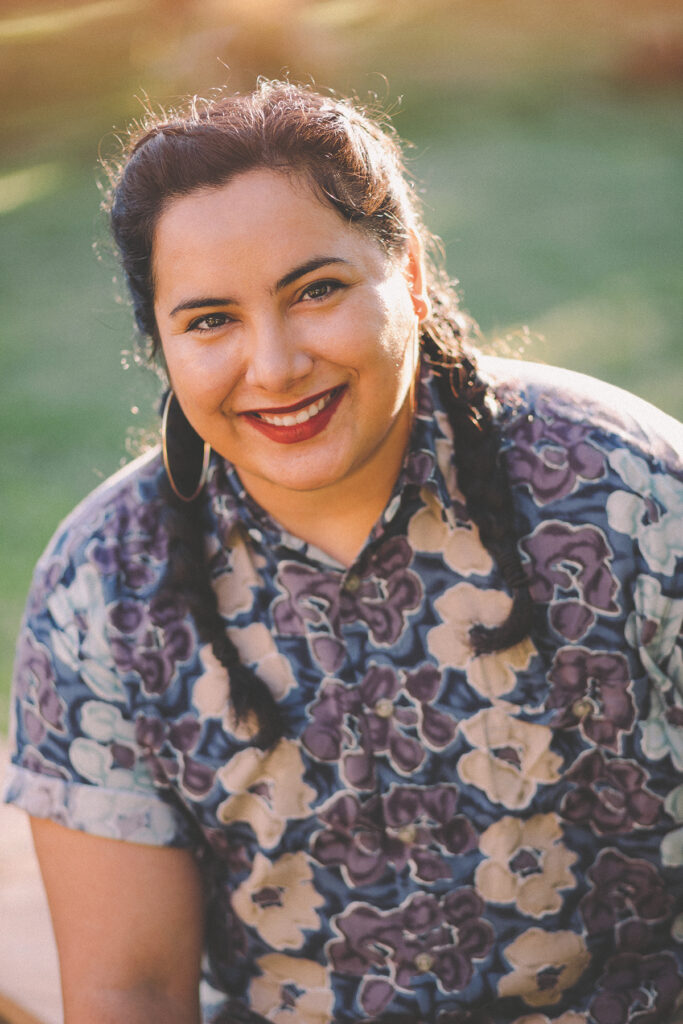
Sonora Reyes is a queer second-generation immigrant who attended a Catholic high school. They write fiction full of queer and Latinx characters in a variety of genres. Sonora is also the creator and host of #QPOCChat, a monthly community-building Twitter chat for queer writers of color. They currently live in Arizona, in a multigenerational family home with a small pack of dogs who run the place.
About The Luis Ortega Survival Club
ADVERTISEMENT
ADVERTISEMENT
From the bestselling author of the National Book Award Finalist The Lesbiana’s Guide to Catholic School comes a revenge story told with nuance, heart, and the possibility of healing. An ideal next read for fans of Laurie Halse Anderson.
Ariana Ruiz wants to be noticed. But as an autistic girl who never talks, she goes largely ignored by her peers—despite her bold fashion choices. So when cute, popular Luis starts to pay attention to her, Ari finally feels seen.
Luis’s attention soon turns to something more, and they have sex at a party—while Ari didn’t say no, she definitely didn’t say yes. Before she has a chance to process what happened and decide if she even has the right to be mad at Luis, the rumor mill begins churning—thanks, she’s sure, to Luis’s ex-girlfriend, Shawni. Boys at school now see Ari as an easy target, someone who won’t say no.
Then Ari finds a mysterious note in her locker that eventually leads her to a group of students determined to expose Luis for the predator he is. To her surprise, she finds genuine friendship among the group, including her growing feelings for the very last girl she expected to fall for. But in order to take Luis down, she’ll have to come to terms with the truth of what he did to her that night—and risk everything to see justice done.
ISBN-13: 9780063060302
Publisher: HarperCollins Publishers
Publication date: 05/23/2023
Age Range: 13 – 17 Years
Filed under: Guest Post
About Amanda MacGregor
Amanda MacGregor works in an elementary library, loves dogs, and can be found on BlueSky at @amandamacgregor.bsky.social.
ADVERTISEMENT
ADVERTISEMENT
SLJ Blog Network
Should I make it holographic? Let’s make it holographic: a JUST ONE WAVE preorder gift for you
This Whole Interview Is a Mistaco: And I Get to Talk to Eliza Kinkz in the Course of It!
Halfway There: A Graphic Memoir of Self Discovery | Review
Fifteen early Mock Newbery 2026 Contenders
When Book Bans are a Form of Discrimination, What is the Path to Justice?
ADVERTISEMENT



